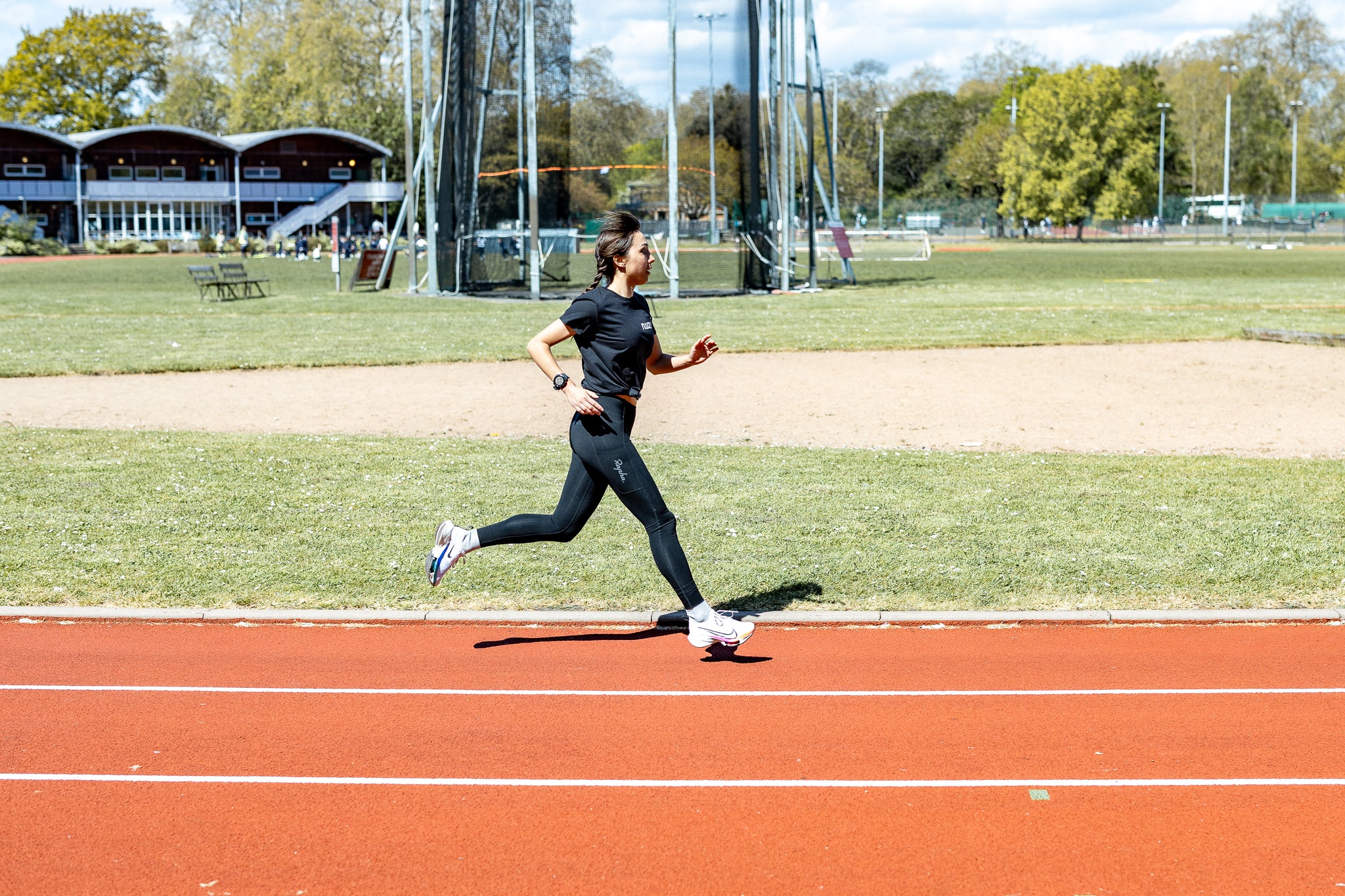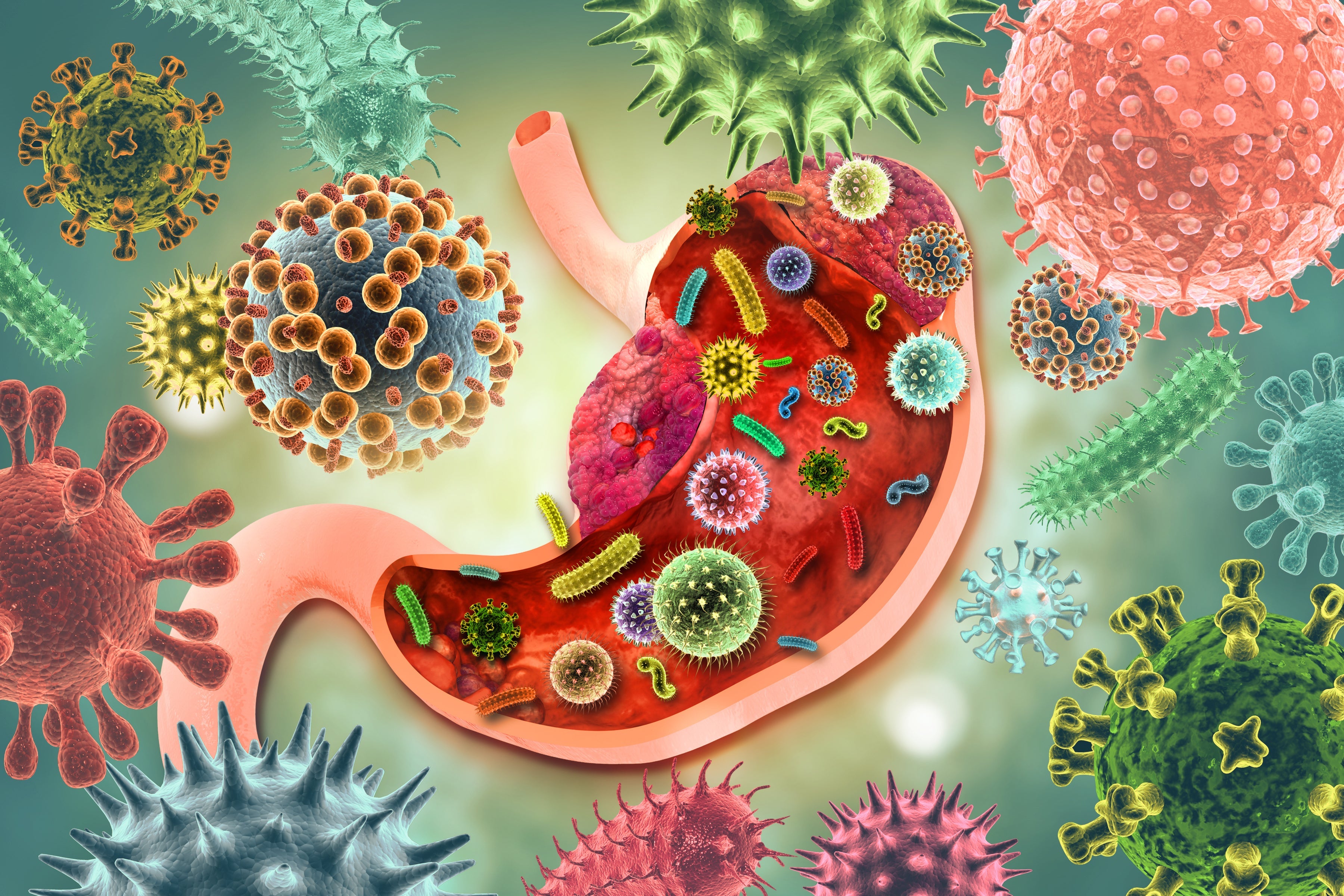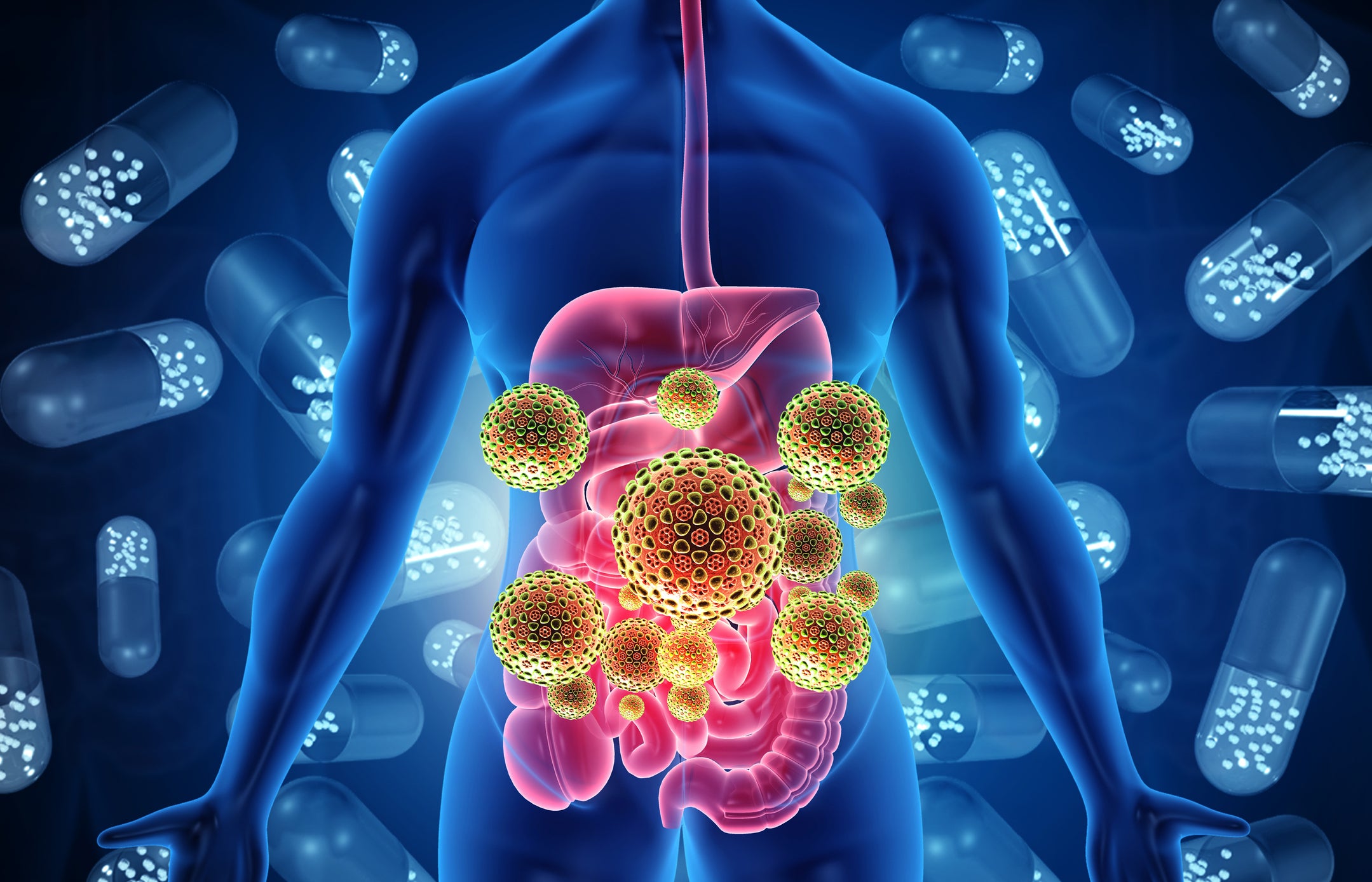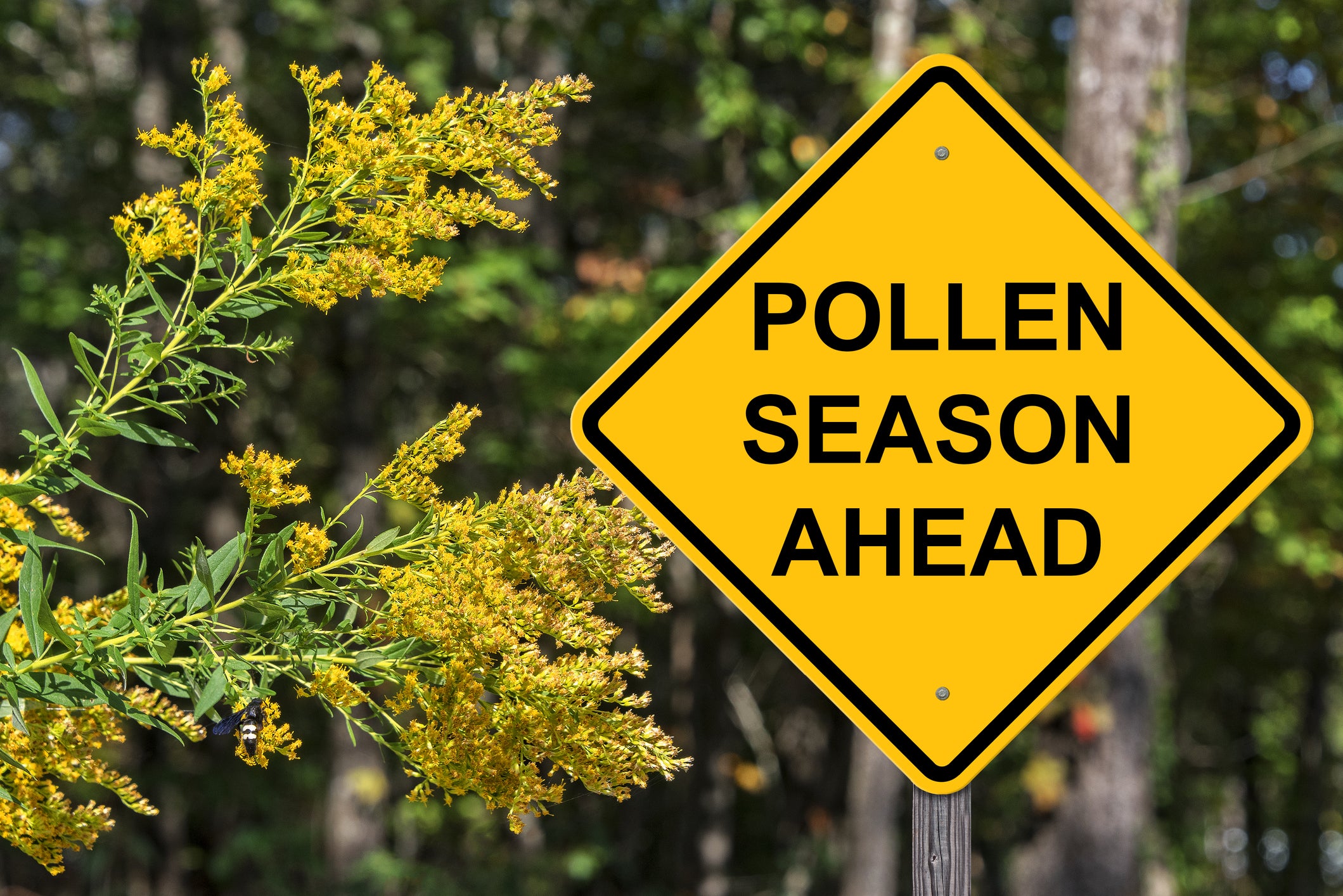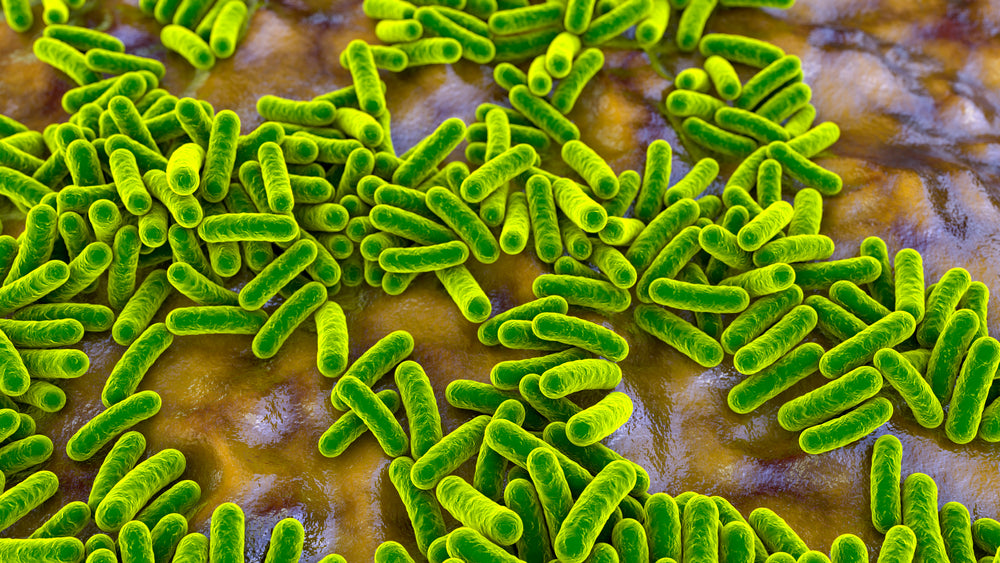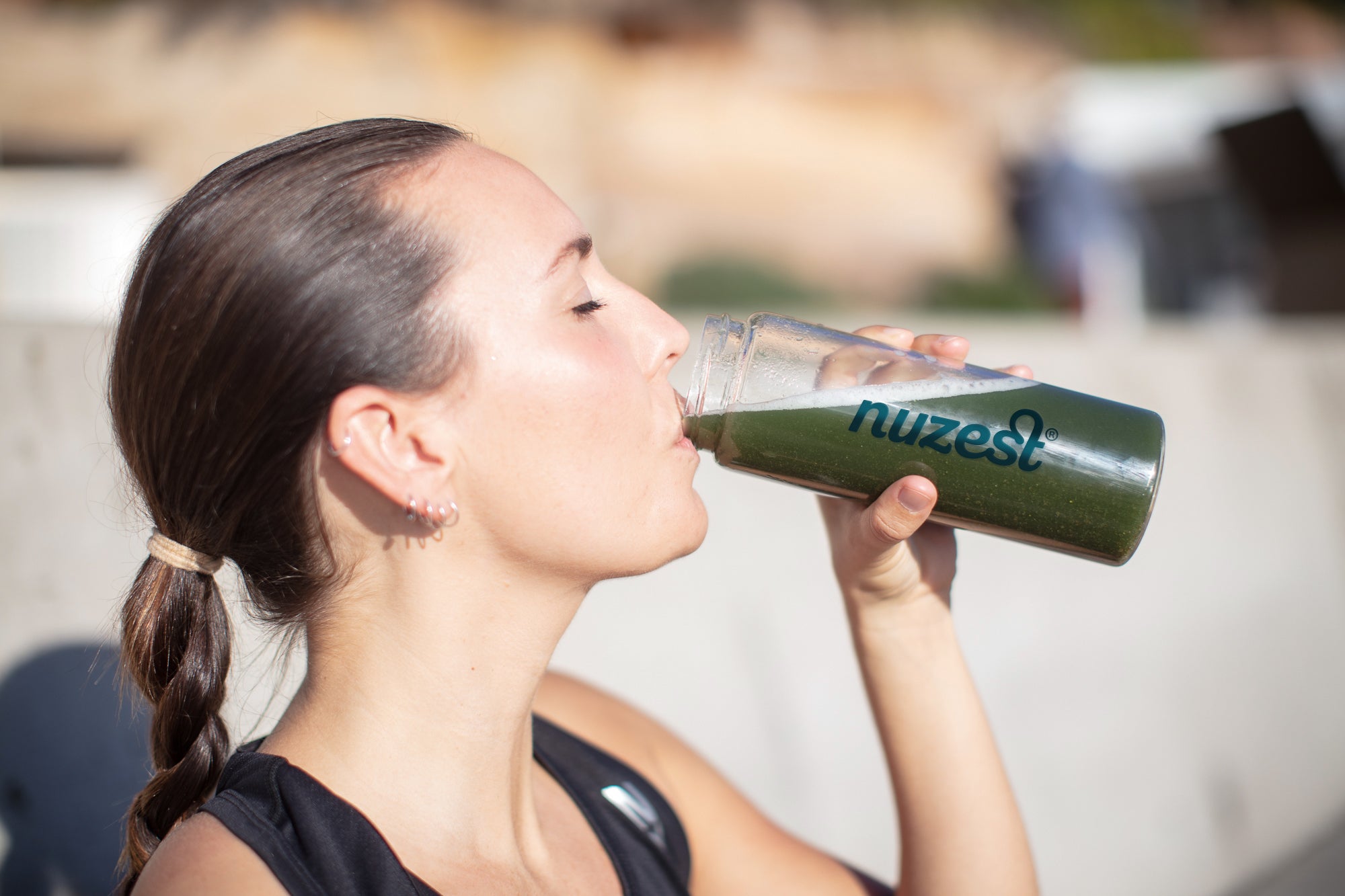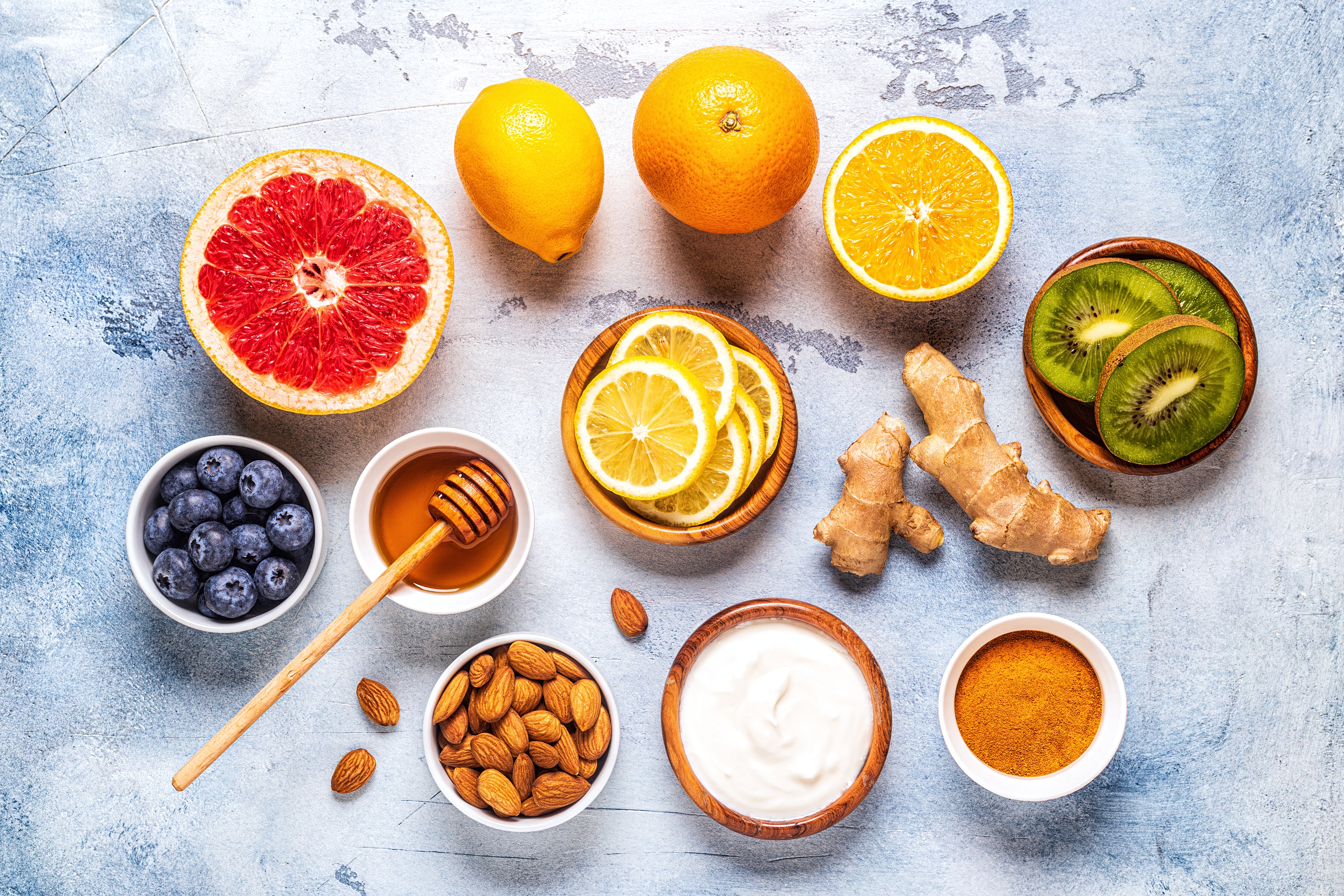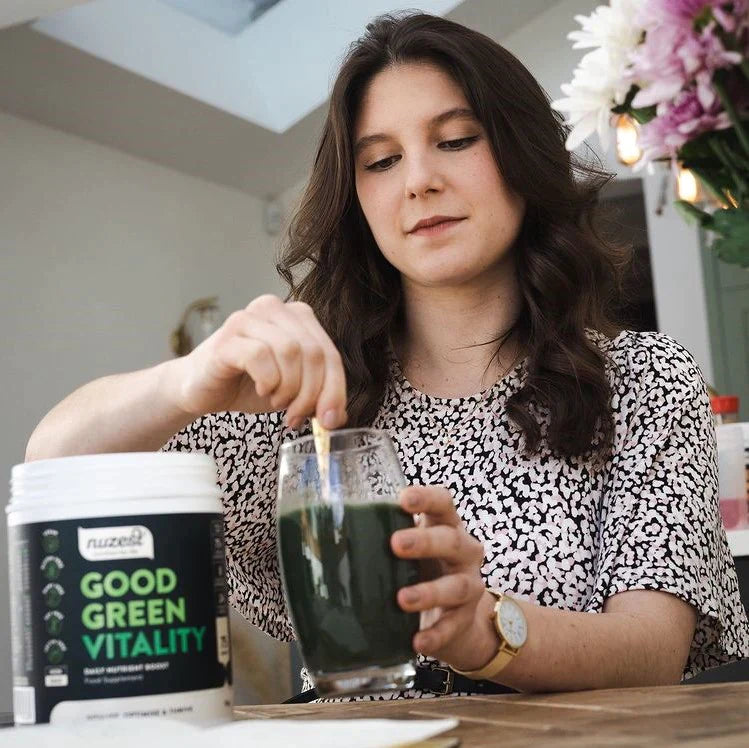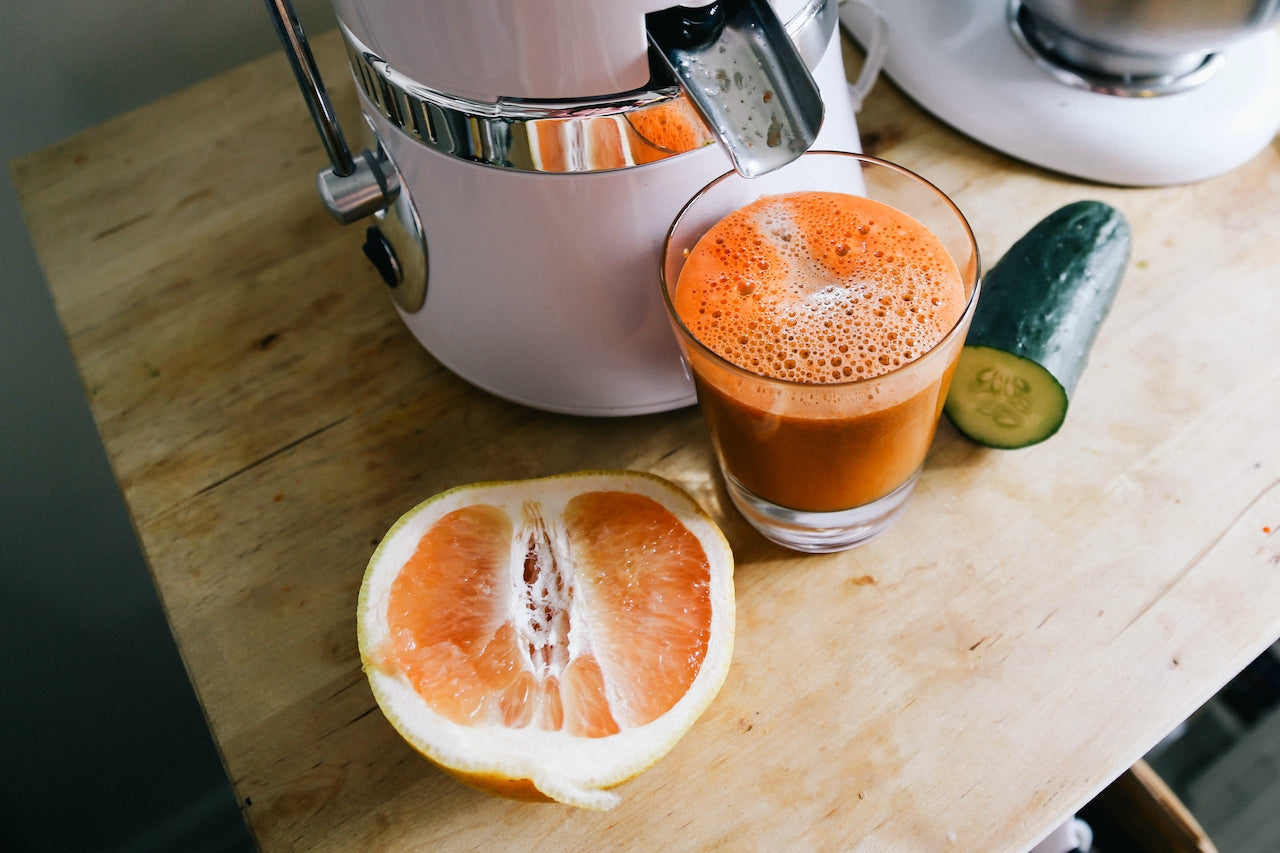Author: Cliff Harvey
It’s important to get enough protein in your diet to support a range of health outcomes, including support of muscle tissue,1 reduced soreness after training, 2 reduced muscle loss,3-5 reduced blood pressure (and other cardiac risk factors),6, 7 and improved overall health, especially as we age.8 Protein supplements can help to provide additional protein to support your health and it’s important to find the right protein supplement for you.
Pea protein isolate is free from common allergens like dairy, soy, egg, wheat, and nuts, and is is less likely to irritate your gut (as phytic acid, saponins, and lectins may). So, pea protein is a protein option that can be used by almost anyone, including those following a plant-based lifestyle or those who have sensitivities to dairy or gluten. It’s also highly digestible, with digestion and absorption rates over 89%.9, 10 When compared to whey protein, pea protein resulted in nearly identical increases in muscle thickness when compared with a placebo.11 In other words, it is easily tolerated and it gets the job done.
Why Nuzest Protein?
Clean Lean Protein is made from peas grown under the strictest of conditions by a 6th generation family-owned company in France and processed using superior, patented technology in Belgium. It is practically free-from common allergens, lectins, phytic acid, trypsin inhibitors and other “anti-nutrients” that can be present in plant-based proteins and which can irritate the gut, impede the absorption of minerals, or reduce the digestion of the protein itself.
The purity of Clean Lean Protein also means that it has high digestion and absorption rates without the need for added digestive enhancers. Clean Lean Protein is naturally rich in muscle supporting branched-chain amino acids (BCAAs), glutamine, and is naturally complete, containing all nine essential amino acids.
Which Nuzest Protein is Best for Me?
Clean Lean Protein
For those wanting an ultra-high protein that is free from common allergens and contains only premium-grade European pea protein isolate, natural flavor, and natural sweetener (thaumatin), Clean Lean Protein is a great option.
Best for: General use, athletes, and everyday nutritional support

Digestive Support Protein
Digestive Support Protein contains premium-grade European pea protein isolate, organic coconut sugar as the sweetener (with 3g of total carbohydrate per serving), either organic cocoa or vanilla bean, along with the amino acid glutamine and probiotic (Bacillus coagulans) to support gut health.
Best for: People who struggle with digestive issues or other gut conditions, irritable bowel syndrome (IBS), irritable bowel disease (IBD), or athletes seeking an extra edge for recovery and reductions in muscle soreness.

- Glutamine is one of the most abundant amino acids in the body. It is the preferred fuel of the absorptive cells of the gut, and so, can support the gut and aid its repair. High-dose glutamine supplementation has been shown to reduce leaky gut, inflammation, and endotoxins,12, 13 reduce symptoms of inflammatory bowel diseases,14 and improve the balance of bacteria in the gut.15 Glutamine could also help to improve immunity and reduce overtraining in athletes.16-21
- Bacillus coagulans is a beneficial, spore-forming probiotic that can better withstand heat and food processing than many other common probiotics and is viable in food and beverage powders.22-24 It has been demonstrated to aid digestion of both carbohydrate and protein, inhibit the growth of pathogenic bacteria, and provide immune benefits.25, 26 Randomized controlled trials have demonstrated that B. coagulans supplementation can help to reduce pain and bloating in people with IBS.27, 28 In athletes, this probiotic could even help to improve recovery and decrease post-workout muscle soreness.29
Clean Lean Protein and Digestive Support Protein are both great options for people looking for a plant-based protein. The choice is up to you which one you choose, depending on your digestive health and if you suffer from a digestive condition.
References
- Pasiakos SM, McLellan TM, Lieberman HR. The Effects of Protein Supplements on Muscle Mass, Strength, and Aerobic and Anaerobic Power in Healthy Adults: A Systematic Review. Sports Medicine. 2015;45(1):111-31.
- Pasiakos SM, Lieberman HR, McLellan TM. Effects of Protein Supplements on Muscle Damage, Soreness and Recovery of Muscle Function and Physical Performance: A Systematic Review. Sports Medicine. 2014;44(5):655-70.
- Kim JE, O’Connor LE, Sands LP, Slebodnik MB, Campbell WW. Effects of dietary protein intake on body composition changes after weight loss in older adults: a systematic review and meta-analysis. Nutrition reviews. 2016;74(3):210-24.
- Kim JE, Sands L, Slebodnik M, O’Connor L, Campbell W. Effects of high-protein weight loss diets on fat-free mass changes in older adults: a systematic review (371.5). The FASEB Journal. 2014;28(1 Supplement).
- Helms ER, Zinn C, Rowlands DS, Brown SR. A Systematic Review of Dietary Protein during Caloric Restriction in Resistance Trained Lean Athletes: A Case for Higher Intakes. International Journal of Sport Nutrition and Exercise Metabolism. 2014;24(2):127-38.
- Altorf – van der Kuil W, Engberink MF, Brink EJ, van Baak MA, Bakker SJL, Navis G, et al. Dietary Protein and Blood Pressure: A Systematic Review. PloS one. 2010;5(8):e12102.
- Santesso N, Akl EA, Bianchi M, Mente A, Mustafa R, Heels-Ansdell D, et al. Effects of higher- versus lower-protein diets on health outcomes: a systematic review and meta-analysis. Eur J Clin Nutr. 2012;66(7):780-8.
- Cawood AL, Elia M, Stratton RJ. Systematic review and meta-analysis of the effects of high protein oral nutritional supplements. Ageing Research Reviews. 2012;11(2):278-96.
- Corgneau M, Gaiani C, Petit J, Nikolova Y, Banon S, Ritié-Pertusa L, et al. Nutritional quality evaluation of commercial protein supplements. International Journal of Food Science & Technology. 2019;54(8):2586-94.
- Gausserès N, Mahe S, Benamouzig R, Luengo C, Ferriere F, Rautureau J, et al. [15N]-labeled pea flour protein nitrogen exhibits good ileal digestibility and postprandial retention in humans. The Journal of nutrition. 1997;127(6):1160-5.
- Babault N, Païzis C, Deley G, Guérin-Deremaux L, Saniez M-H, Lefranc-Millot C, et al. Pea proteins oral supplementation promotes muscle thickness gains during resistance training: a double-blind, randomized, Placebo-controlled clinical trial vs. Whey protein. Journal of the International Society of Sports Nutrition. 2015;12(1):3.
- Zuhl MN. The effects of oral glutamine supplementation on gut permeability and heat shock protein regulation among runners with a history of gastrointestinal distress: The University of New Mexico; 2012.
- Singh N, Mishra SK, Sachdev V, Sharma H, Upadhyay AD, Arora I, et al. Effect of Oral Glutamine Supplementation on Gut Permeability and Endotoxemia in Patients With Severe Acute Pancreatitis: A Randomized Controlled Trial. Pancreas. 2014;43(6).
- Irvin L, Heuberger R. Enhancing gut function and providing symptom relief in IBD with glutamine supplementation: a literature review. Gastrointestinal Nursing. 2015;13(6):26-34.
- Zambom de Souza AZ, Zambom AZ, Abboud KY, Reis SK, Tannihão F, Guadagnini D, et al. Oral supplementation with l-glutamine alters gut microbiota of obese and overweight adults: A pilot study. Nutrition. 2015;31(6):884-9.
- Castell LM, Poortmans JR, Newsholme EA. Does glutamine have a role in reducing infections in athletes? Eur J Appl Physiol Occup Physiol. 1996;73(5):488-90.
- Castell LM, Newsholme EA. The effects of oral glutamine supplementation on athletes after prolonged, exhaustive exercise. Nutrition. 1997;13(7-8):738-42.
- Castell LM, Newsholme EA. Glutamine and the effects of exhaustive exercise upon the immune response. Canadian journal of physiology and pharmacology. 1998;76(5):524-32.
- Castell LM. Can glutamine modify the apparent immunodepression observed after prolonged, exhaustive exercise? Nutrition. 2002;18(5):371-5.
- Mackinnon LT, Hooper SL. Plasma glutamine and upper respiratory tract infection during intensified training in swimmers. Med Sci Sports Exerc. 1996;28(3):285-90.
- Rowbottom DG, Keast D, Morton AR. The emerging role of glutamine as an indicator of exercise stress and overtraining. Sports medicine (Auckland, NZ). 1996;21(2):80-97.
- Adibpour N, Hosseininezhad M, Pahlevanlo A, Hussain MA. A review on Bacillus coagulans as a Spore-Forming Probiotic. Applied Food Biotechnology; Vol 6, No 2 (2019): Spring. 2019.
- Sanders ME, Morelli L, Tompkins TA. Sporeformers as Human Probiotics: Bacillus, Sporolactobacillus, and Brevibacillus. Comprehensive Reviews in Food Science and Food Safety. 2003;2(3):101-10.
- Majeed M, Majeed S, Nagabhushanam K, Arumugam S, Beede K, Ali F. Evaluation of probiotic Bacillus coagulans MTCC 5856 viability after tea and coffee brewing and its growth in GIT hostile environment. Food Research International. 2019;121:497-505.
- Jäger R, Purpura M, Farmer S, Cash HA, Keller D. Probiotic Bacillus coagulans GBI-30, 6086 Improves Protein Absorption and Utilization. Probiotics and Antimicrobial Proteins. 2018;10(4):611-5.
- Cao J, Yu Z, Liu W, Zhao J, Zhang H, Zhai Q, et al. Probiotic characteristics of Bacillus coagulans and associated implications for human health and diseases. Journal of Functional Foods. 2020;64:103643.
- Hun L. Original Research: Bacillus coagulans Significantly Improved Abdominal Pain and Bloating in Patients with IBS. Postgraduate Medicine. 2009;121(2):119-24.
- Madempudi RS, Ahire JJ, Neelamraju J, Tripathi A, Nanal S. Randomized clinical trial: the effect of probiotic Bacillus coagulans Unique IS2 vs. placebo on the symptoms management of irritable bowel syndrome in adults. Scientific Reports. 2019;9(1):12210.
- Jäger R, Shields KA, Lowery RP, De Souza EO, Partl JM, Hollmer C, et al. Probiotic Bacillus coagulans GBI-30, 6086 reduces exercise-induced muscle damage and increases recovery. PeerJ. 2016;4:e2276.




